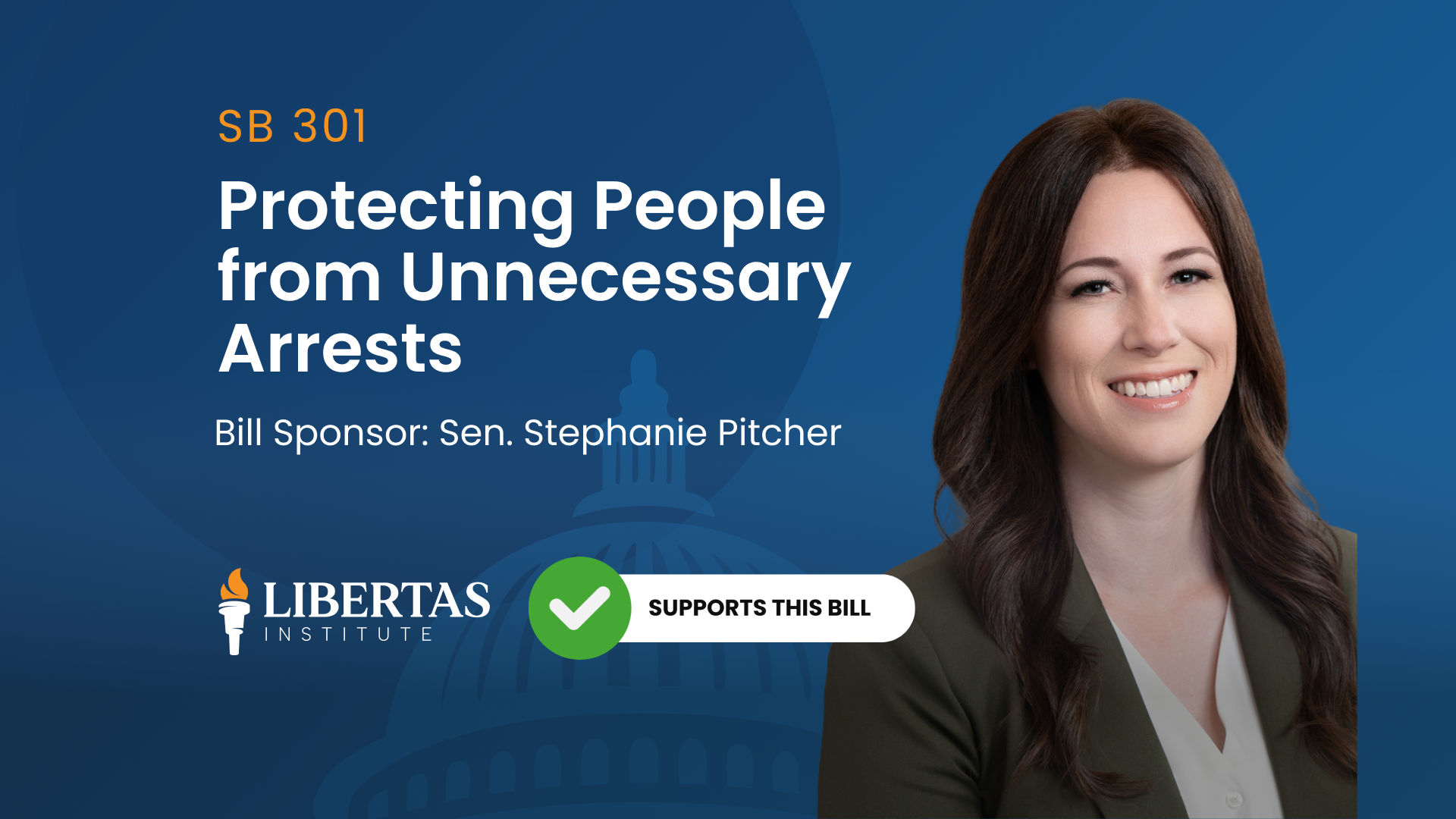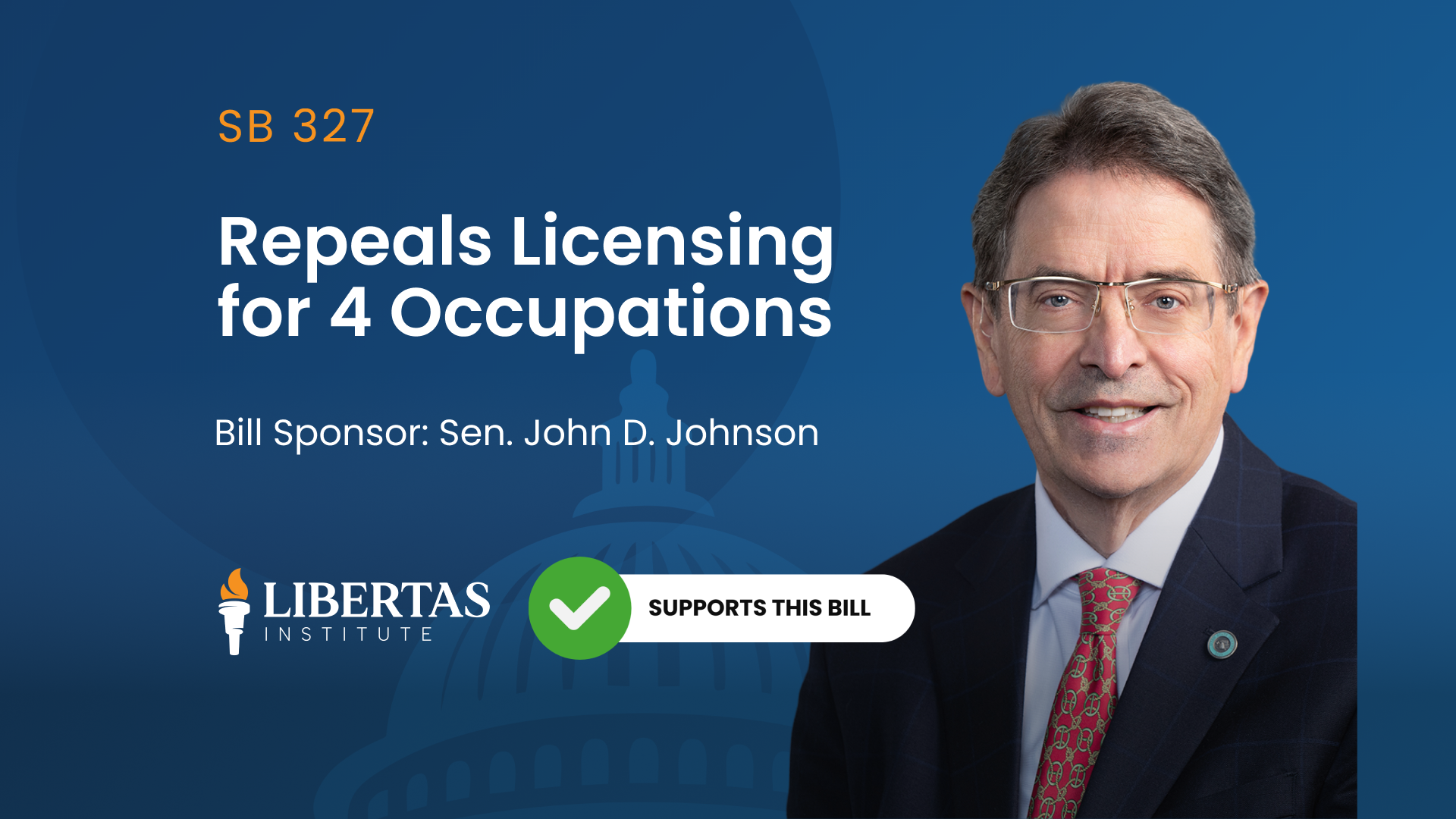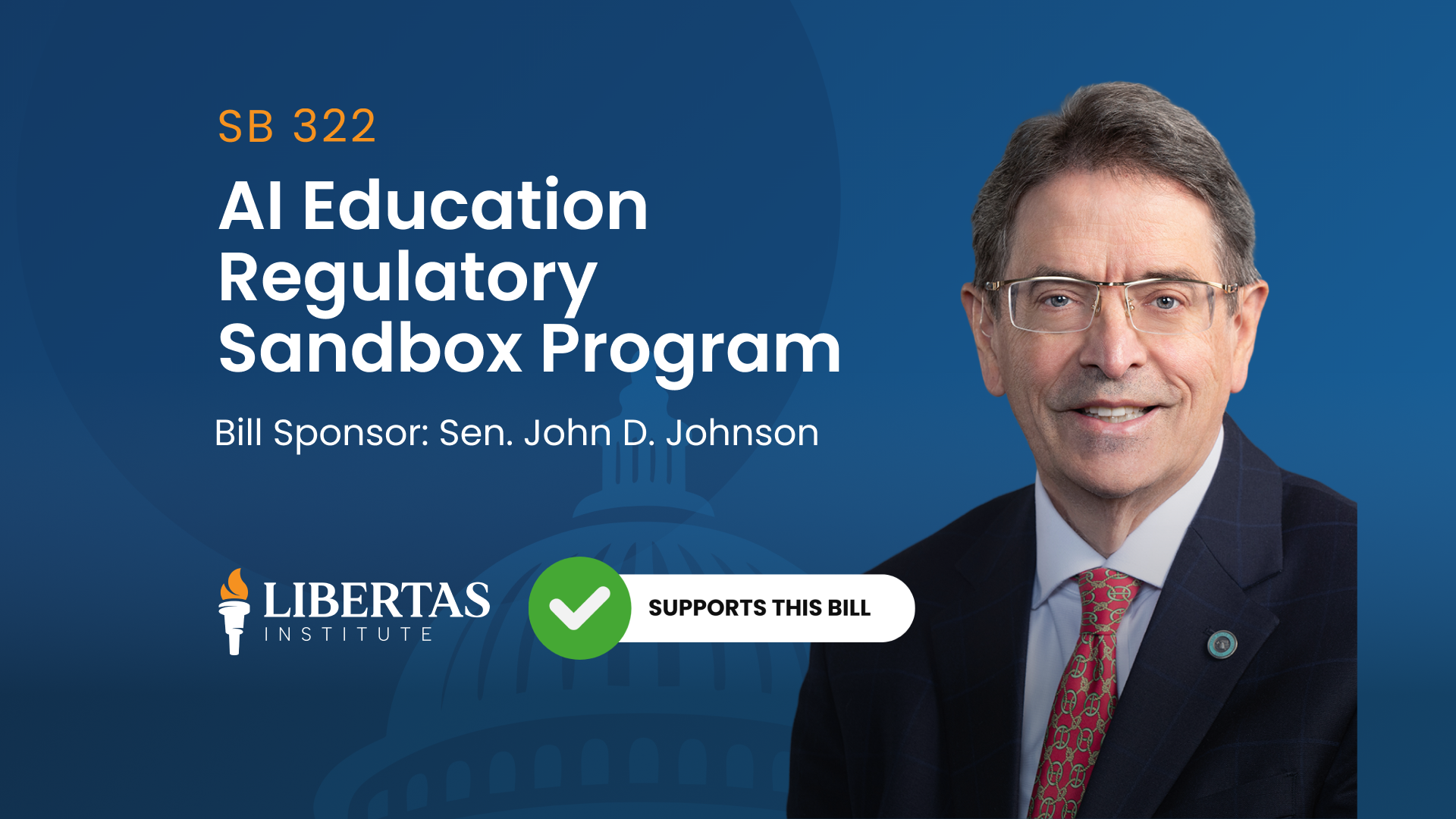This bill passed the House 44-25, but failed in the Senate 8-19.Libertas Institute supports this bill
Free speech issues on Utah’s college campuses is not a new problem. Previously the legislature has had to ban “free speech zones.” Now all across the country universities are feeling pressure to adopt restrictive harassment codes. These harassment codes are often over-broad and vague. When properly defined, peer harassment should not even be considered protected speech. As seen in the rest of the country, several Utah universities have adopted poorly written harassment codes that could be used to punish free speech.
Representative Kim Coleman’s House Bill 158 brings balance between harassment codes and free speech. Her bill uses the Supreme Court standard from Davis v. Monroe County Board of Education (1999).
Universities in violation of this law would be subject to litigation, as HB 158 establishes a private cause of action, allowing a person whose free speech rights were violated to sue the school, and if victorious, receive a monetary award along with compensatory damages, court costs, and attorney fees.
While private universities have the right to impose limits on the free speech opportunities of its students, government-funded universities must allow students to exercise their rights to speech without any intervention, unless there is actual harassment or public safety legitimately warrants it. This bill puts universities throughout Utah on notice that the free speech rights of its students must be strongly protected.




